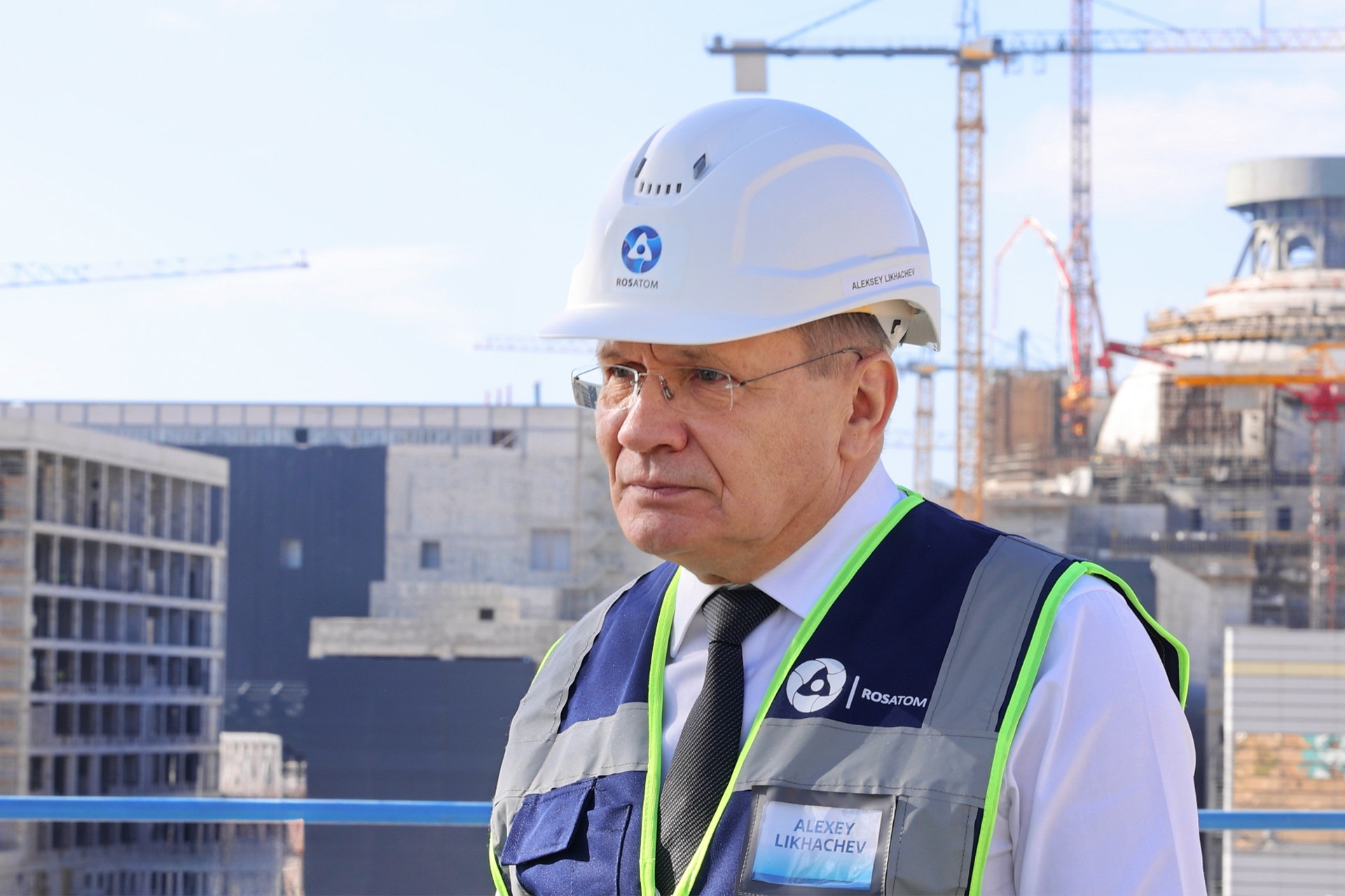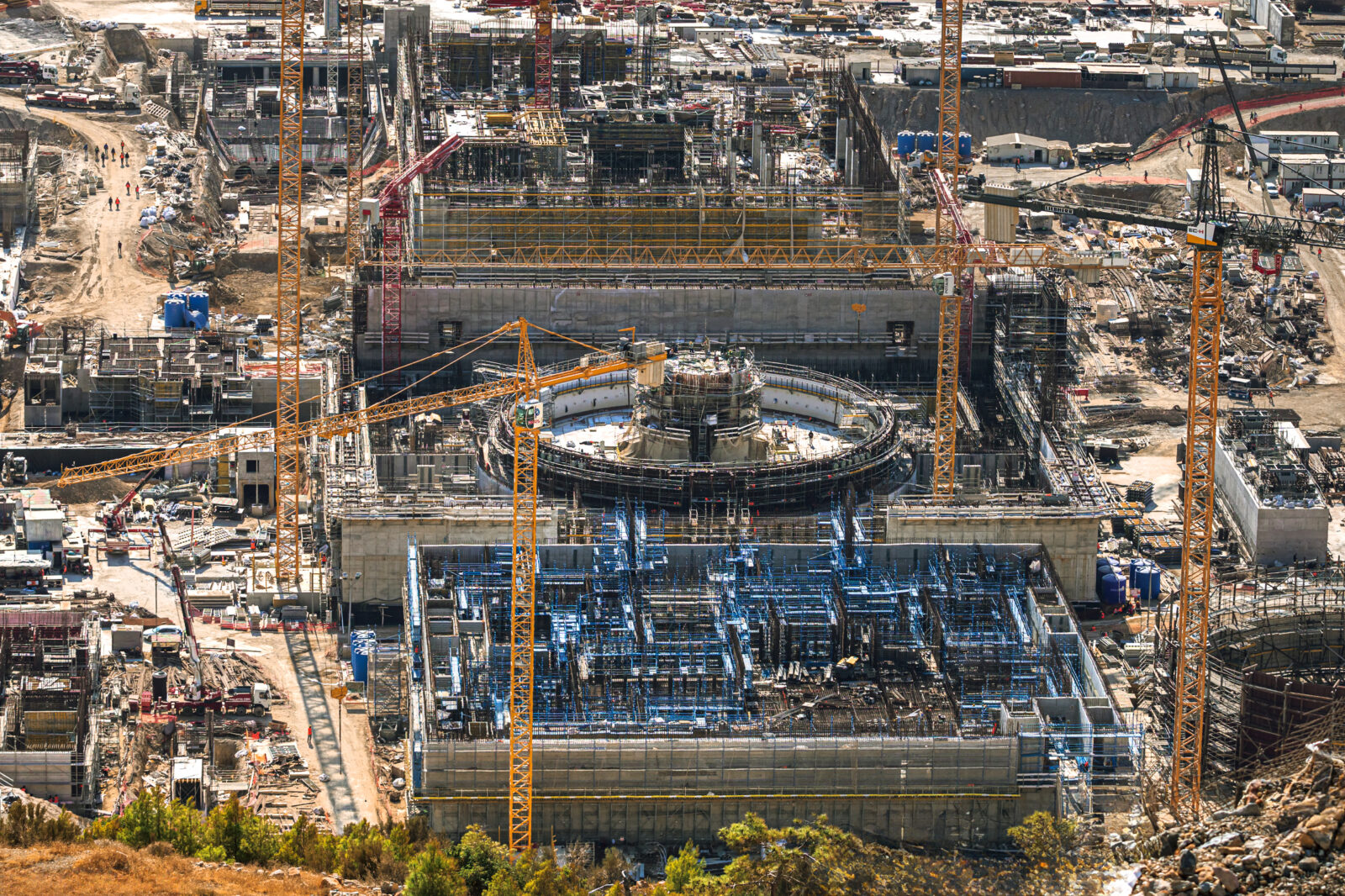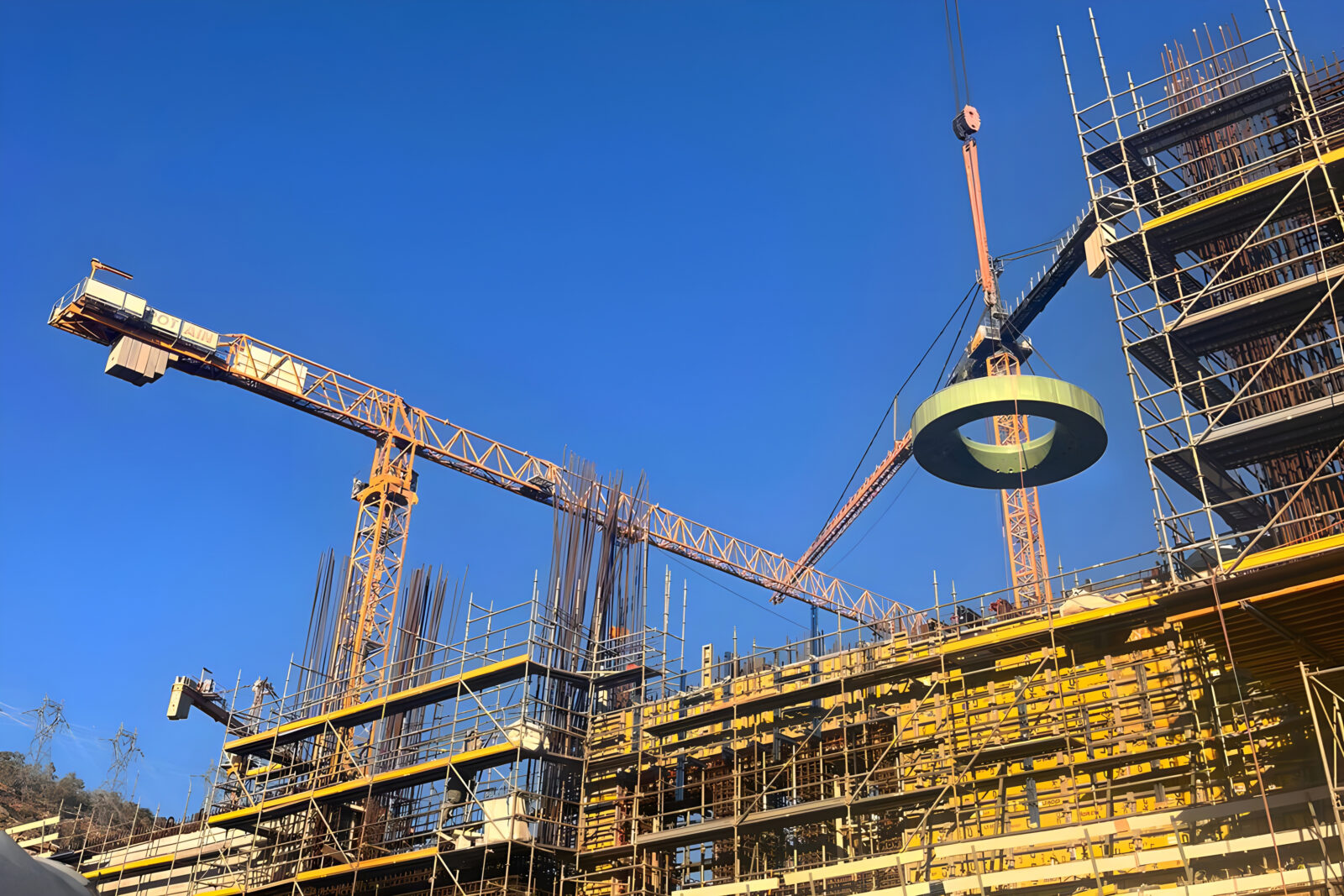
Aleksey Likhachev, CEO of Russia's State Nuclear Energy Corporation Rosatom, provided an update on the progress of the Akkuyu Nuclear Power Plant (NPP) project in Türkiye.
Likhachev discussed the challenges faced, including issues with German suppliers, and outlined key milestones achieved in the construction of the plant.
Likhachev highlighted significant developments in the Akkuyu NPP project, emphasizing that the construction of the first unit is nearing completion.
"With the general construction work of Unit 1 now completed, we are fully focused on bringing the unit into operation," Likhachev stated in a written statement.
He further explained that the testing and fine-tuning of the turbine, which is essential for generating electricity, has been completed.
"If we were to compare a nuclear plant to the human body, the turbine, which represents the muscles, has been tested and is now ready to supply electricity to the grid. Now, we are waiting for steam from the nuclear reactor, which will be the plant's 'heart,'" Likhachev added.

One of the challenges Likhachev addressed was the issue with German supplier Siemens. He revealed that despite having manufactured a crucial piece of equipment—a gas-insulated switchgear for power distribution—Siemens had refused to supply it because of sanctions.
"We are now closing the gaps caused by our German suppliers," Likhachev confirmed.
To overcome this issue, Rosatom leveraged its production systems and additional reserves to find alternative solutions.
Likhachev also highlighted the role of international partnerships, particularly with Chinese and Turkish teams, in overcoming logistical challenges and shortening the installation timelines for the switchgear.

Likhachev provided updates on the other units of the Akkuyu NPP project.
In Unit 2, large pieces of equipment have been installed, and the next phase involves the installation of security systems.
"This year, we will also begin assembling the reactor pressure vessel in Unit 3, marking a significant step toward completing the plant's 'heart,'" Likhachev noted.
The construction of Unit 4 will proceed according to schedule to meet the target set in intergovernmental agreements, with the Turkish government also expressing the goal of completing it by 2028.
Likhachev stressed the importance of international collaboration in making the Akkuyu NPP project a success.
"There are numerous Turkish companies involved in the project, and we are proud to work with experts from Russia, Belarus, Kazakhstan, Turkmenistan and Europe," he stated.
He also pointed out that experts from China have been instrumental in helping to resolve issues with the equipment and ensure the timely completion of the power plant.